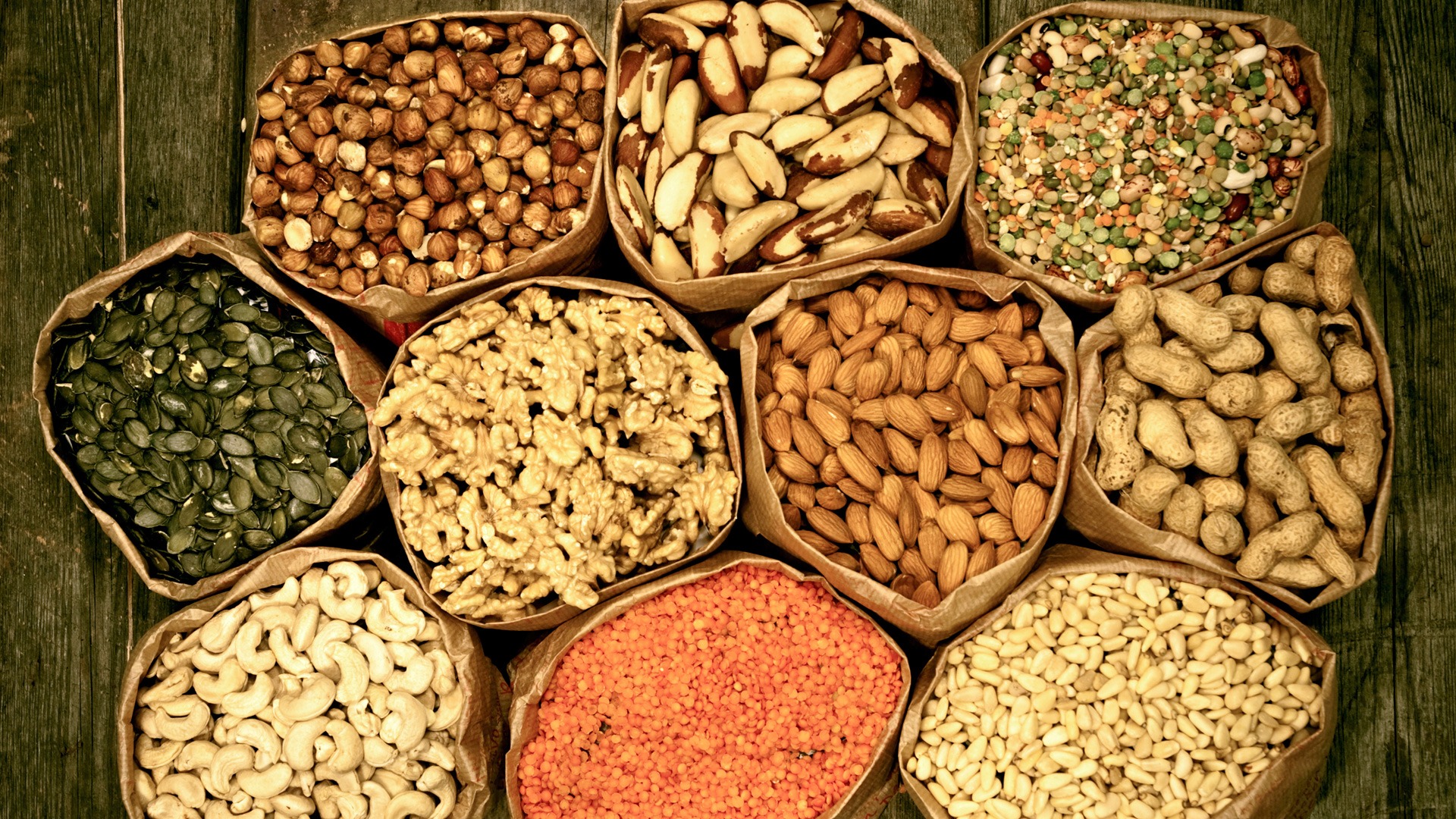·
NASC may
soon begin e- certification
 |
| Seeds |
Farmers have
been admonished by agricultural scientists to ensure the use of only certified
hybrid seeds as there are many fake of such in circulation that were imported
without National Agricultural Seed Council (NASC)‘s approval just as the body
reiterated its readiness to ensure certification through electronic means using
digital tracking to reduce adulteration.
The advice
to the end users by scientists was given chiefly by the Executive Director,
Institute for Agricultural Research (IAR), Prof. Ibrahim U. Abubakar during the
annual cropping scheme for year 2019, held at Samaru, Zaria.
He said that
many hybrids with inscription of high yield are not adaptable to Nigerian soil,
and that was why it was important that farmers must use the ones certified by
the Nigerian Agricultural Research
Institute (NARIs) saying ‘’ we have so many illegally imported seeds in the
country.
When you import seeds illegally without passing through the NARIs,
then you are expected to have this kind of scenario. Let me give an example, a
Hungarian hybrid that gives 15 tons per hectare could only give 2-4 tons when
brought for testing in IAR. That is the adaptability we are talking about.’’
Prof.
Abubakar continued that ‘’ you cannot just go any country and bring seeds. That
is why we have influx of them in the country whereas many hybrids from those
countries are not adaptable to Nigerian ecologies. This is failure of the
process. We have seed council. Apart from seeds from ECOWAS department into the
country, any variety that is released in Nigeria can be used in Ghana, Mali and
all ECOWAS countries. Also all the varieties in those countries can be used in
Nigeria. But they have to get approval of Nigerian Agricultural Quarantine
Service so as to ensure we don’t import scary infectious pest and diseases’’
The Maslaha Seeds manager, Chief Samson
Olatunji Isaac counselled that farmers must embrace the locally certified
hybrid with best agronomic practices of more application of inputs for maximum
yields and harvest, adding that there was need for education of farmers in
terms of application of inputs on hybrid seeds saying that ‘’ local farmers
need enlightenment in terms of hybrid in Nigeria because if they do not
have the knowledge of how to take care
of the hybrid seeds, they may get low harvest as rightly reported. But if we
apply the right quantity of needed fertilizer as the amount you need for a
hybrid seed is much higher than the one for OPV; and know that to always clear
your farm of weeds is very important so as to avoid the weeds competing with
the crops.’’
The Dean, faculty of Agriculture, ABU, Prof.
O. Alabi said that for hybrid seeds to perform very well, you need a lot more
of inputs more than you need for OPV. It needs more fertilizers, more pesticide
and weeding herbicide because the weed will be competing with the crops.’’
Other suggestions
pointed out that any seed that is not ecologically adapted to Nigerian soil
cannot give a maximum yield even if it performed very well in other countries,
and that was why farmers are advised to ensure that any hybrid they wanted to
purchase must be well certified through appropriate authority so as not to be
defrauded.
Meanwhile, as
part of plans to phase out fake seeds in circulation, the National Agriculture
Seed Council (NASC) Director General (DG) Dr. Philip Ojo during the 2019
Seedconnect has announced the introduction of
digital certification to track fake seeds in Nigeria.
Dr. Ojo said
that the e-certification would enable the council to easily monitor seeds from
their source to the farmers across the country, adding that with the help of
electronic trackers, farmers would be able to detect adulterated seeds from any
part of the world.
He pointed
out that the increased production experienced in cassava crop was as result of
first ever seeds tracker deployed to monitor and prevent its adulteration in
collaboration with International Institute for
Tropical Agriculture (IITA) stressing the need for electronic tracking
of seed production in order to eradicate adulteration in Nigeria.










Good advise for farmers to use best Agriculture seed. Thanks
ReplyDelete